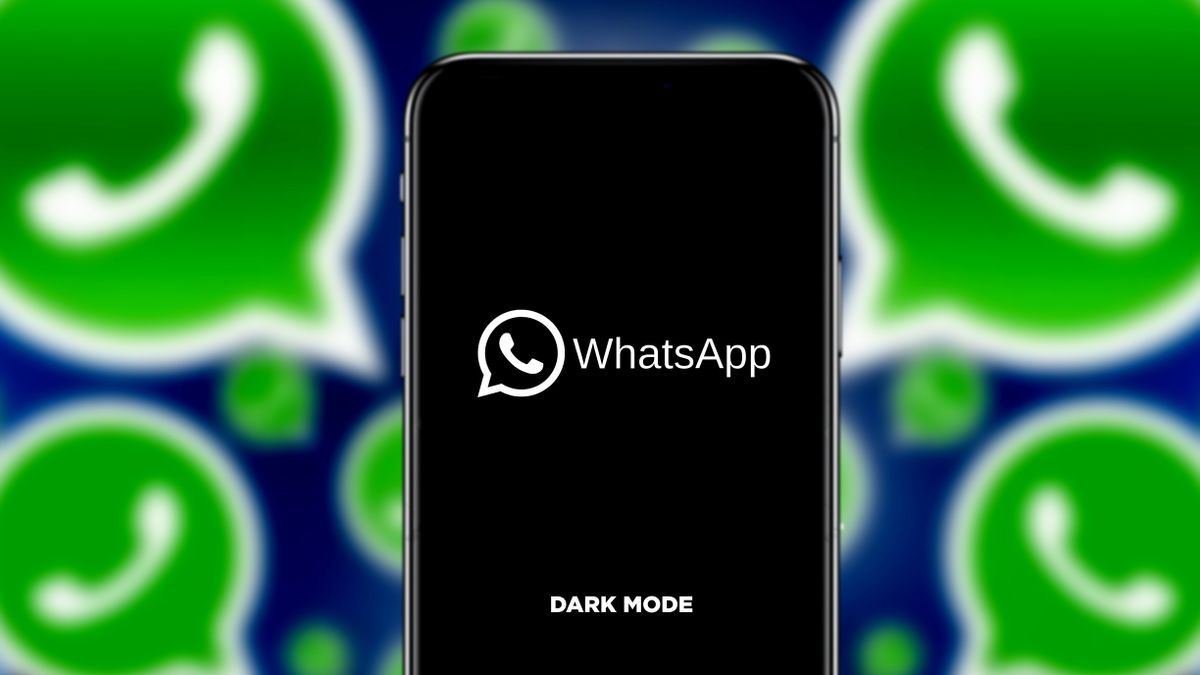Meta may be launching yet another layer of privacy protection for WhatsApp that will prevent people from taking screenshots of your profile photo on the service.
This upcoming feature was discovered in the latest beta version of WhatsApp on Android by WABetaInfo. It will be housed in the Privacy section of the Settings menu, according to tomsguide. Having access to the blocking tool, they attempted to take a screenshot of a profile photo but were prevented from doing so. The post received a notification at the bottom of the screen stating they couldn't take a screenshot “due to app restrictions.”
As explained in the report, WhatApp introduced the option to prevent users from saving “other people's profile photos” about five years ago. It was supposed to prevent bad actors from sharing images without the owner's consent; however, the screenshot avoids this entirely. WABetaInfo maintains that directly blocking the ability to take screenshots allows WhatsApp to further reinforce “the concept of privacy and user consent” in its service. Apparently you don't want said bad actors to use people's photos for scams, impersonations, or harassment.
Analysis: a small but important question
Now you might be wondering, “Is taking unauthorized screenshots of a WhatsApp profile picture really that big of a deal?”
Well, based on the brief research we did, it seems that taking screenshots of profile photos is not a major problem that plagues the user base, but it is an anxiety that a small group suffers from. We've seen several posts on Reddit from people expressing concern about this issue. Someone on the Privacy subreddit even asked if it was possible to find out who took the screenshot of your WhatApp profile photo.
We also found an interesting post on Medium by writer Bilge Tekin, who proposed the concept of a screenshot restriction feature for WhatsApp in 2021. Tekin's idea went a step further by preventing screenshots in chat rooms . When he had people test his idea, testers seemed to like having the option to prevent others from sharing private conversations.
Of course, none of these examples come from a meta-funded scientific study or an official survey. To our knowledge, there have been no large-scale studies that delve into this phenomenon. But it could at least give WhatsApp an edge over its rivals by appealing to this niche subset of the user base. Neither Telegram nor Signal have a feature like this. Plus, having the option doesn't hurt.
If you are interested in trying the new tool, you will first need to join the Google Program Beta Program and then install the beta version of WhatsApp. The blocking update may not be available to you as only a select group currently has access, but WABetaInfo claims it will be rolling out to more users in the coming weeks.
While we have it, be sure to join TechRadar's WhatsApp channel to get our latest reviews delivered right to your phone.









